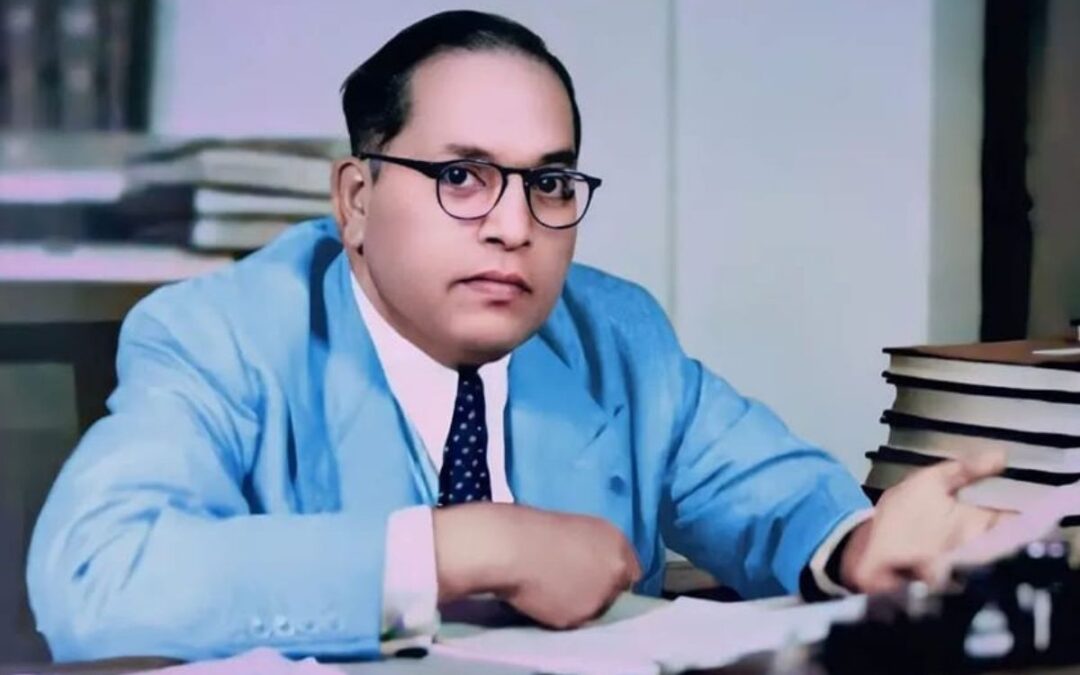Summary– From his early years to his work on the constitution, B. R. Ambedkar’s life, hardships, and philosophy have been depicted in a number of multilingual films that highlight both his private and public trajectories. These movies are significant because they preserve his ideas of equality, justice, and social change for upcoming generations.
Dr. B. R. Ambedkar is looked upon as one of the greatest reformers, thinkers, and visionaries in Indian history. For him to remain alive in the memory of the people. He harshly fought through the Constitution-making for the building of Modern India. Fighting for the cause of equality or the empowerment of the marginalized communities. Beyond politics and law, Ambedkar’s visit has served as an inspiration for literature, theater and cinema.
In particular, films have played an important role in painting their lives, struggles and philosophy for the audience for generations. Over the years, many filmmakers have tried to bring stories associated with them to the silver screen. While some directly portray their lives, others highlight the social subjects contained in their ideology. Together, these tasks keep the essence of their vision alive for justice, freedom and equality. Let’s take a look at the five important films inspired by Ambedkar that you should remember.
5. Bhim Garjana (1990, Marathi)
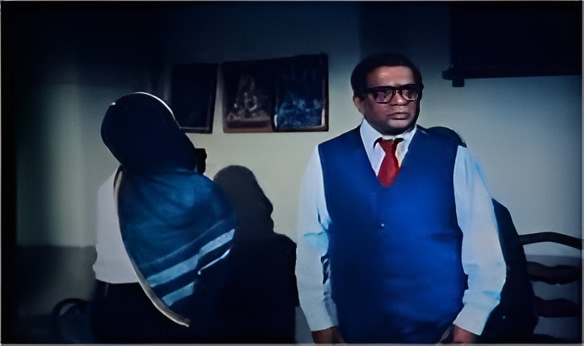
A previous portrayal directed by Sudhakar Wagamare provides a more concentrated break in the intellectual conflicts of Bhima Garjana and B. R. Ambedkar; while excluding the moral, social, and constitutional structure for independent India, he displayed internal conflict, debate, and determination. Along with Krishnananda and Pratima Devi in lead roles, the film has emphasized intensity — this courage for Ambedkar, who had challenged inequality for centuries and rejected it to demand rights and dignity for those.
4. Dr. B. R. Ambedkar (2005, Kannada)
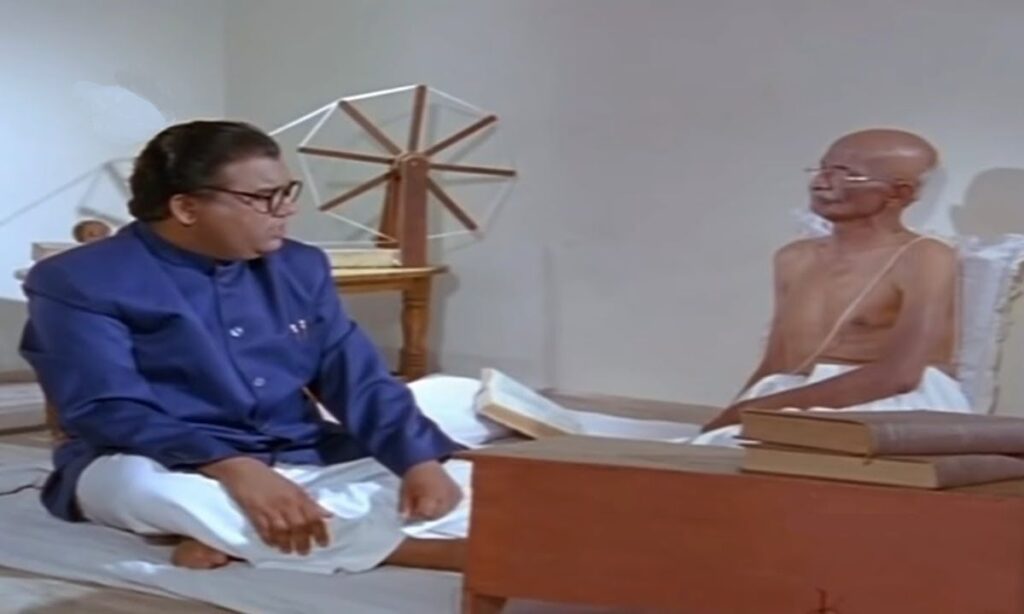
Directed by Sharan Kumar Kabbur, this biopic is widely visible on Ambedkar’s life, from his early encounters to his later years with discrimination of caste through his study. The film stars Babasaheb individually with his personal, professional and ideological development. Vishnukanth B.J. plays Ambedkar, and with portrayals of Ramabai and later Savita Ambedkar, viewers are given a brand image of how Ambedkar looked at his home in his capacity and in public. For many people, the film serves as a bright encapsulation of Ambedkar’s philosophy in action — he believes that legal and constitutional reforms should be handed over to individual strength.
3. Dr. Babasaheb Ambedkar (2000, English, Hindi)
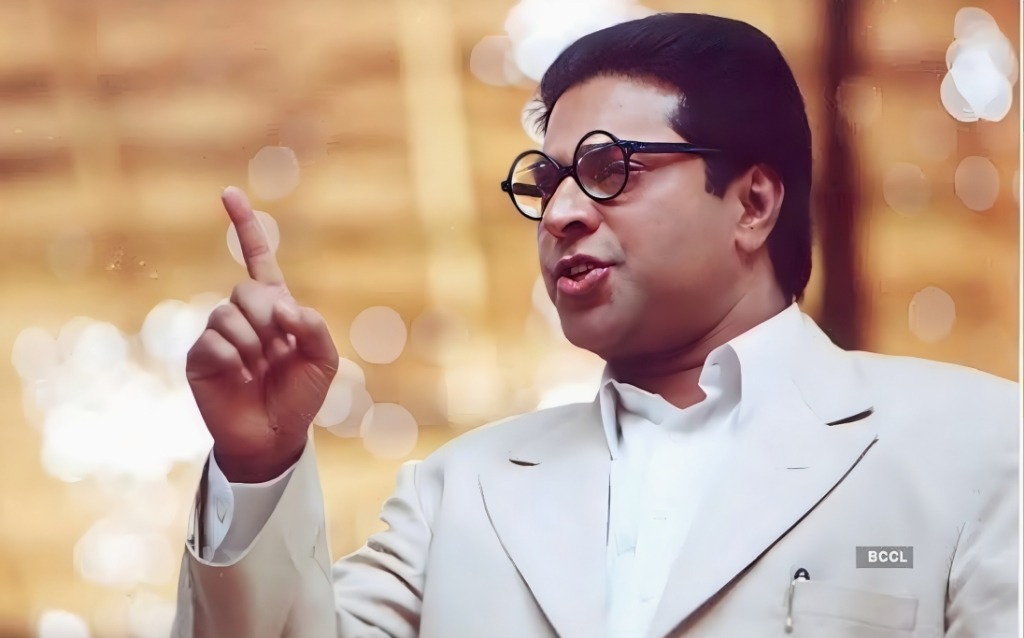
Perhaps the most famous of these films, Dr. Babasaheb Ambedkar, directed by Zobar Patel, is an ambitious and wide biopic that spreads the width of his life. This film chronicles Dr. Ambedkar’s life: his education, the discriminations he suffered, his return to India, and finally, his drafting of the Constitution as chairman of the Drafting Committee — an extremely comprehensive role truly fit for Mammootty in the lead. The powerful film shows how Ambedkar’s vision went beyond politics – it was moral, legal and deeply human. In short, it is one of Ambedkar’s definite cinematic remedies and developments of their moral and social thoughts.
2. Ramabai Bhimrao Ambedkar (2011, Marathi)
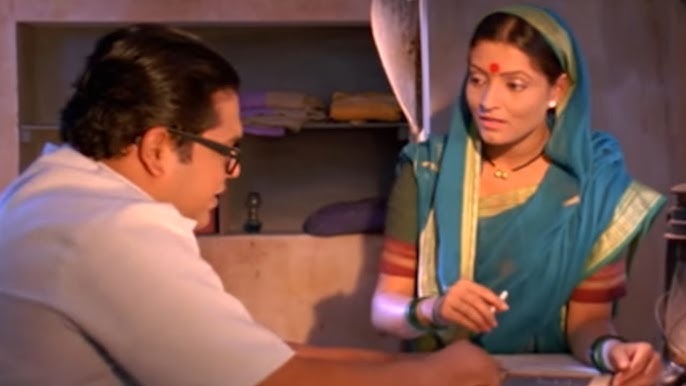
While many films focus on Ambedkar himself, the Ramabai Bhimrao movie converts the Ambedkar Lens into his wife, Ramabai, and emphasizes how his calm strength and sacrifice sustained Babasaheb through fat and thin. Once again directed by Prakash Jadhav, the film throws light on how Ambedkar’s personal life – his relationship, his family, his public missions were interconnected. The story underlines Rambai’s strong support and the emotional foundation provided by him, which often goes unnoticed but was important in Ambedkar’s visit to social reform.
Also Read: 5 Best Action Movies on Amazon Prime Right Now to Watch
1. Bal Bhimrao (2018, Marathi)
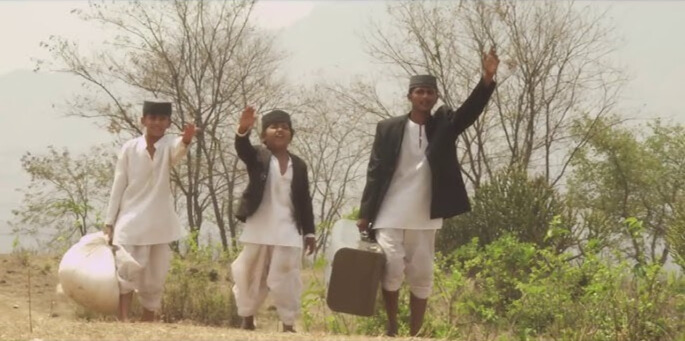
Stunned by director Prakash Narayan Jadhav, Bal Bhimrao delayed the early years of Yuva Bhimrao Ambedkar. The sequence immersed in difficulty — showing exclusion and discrimination — sees how these early experiences shaped her resolve. The film issues a jump discourse on the young Ambedkar, who later refused to accept social injustice. The acting of Mohan Joshi, Vikram Gokhale, Kishori Shahane Vij, and Prema Kiran makes the story reasonably plausible in emotional evolution, enabling the audience to experience the weight of caste prejudice faced by B. R. Ambedkar since his childhood.
Why do these films matter
Each of these films exceeds chronicling events; They find out what it means, morally and individually, to become B. R. Ambedkar. They explain how their ideal — liberty, equality, and fraternity — was shaped through both external adversities and internal resolutions. They show us that Ambedkar was more than a public person; He was a visionary who believed deeply in education, reform, spiritual freedom and upliftment of those who were marginalized. By portraying both victory and suffering, these films help us remember that Babasaheb’s mission was about changes at many levels — legal, cultural and psychological.
Written by Nidhi Singh

